 As a child growing up on the East side of Des Moines, I was surrounded by family and friends who looked like me, talked like me, and were truly able to relate to me. It was almost as if I was in a bubble of sorts. Of course, when I went to school I was the minority, but in my neighborhood, I was a part of the majority. I honestly believe that this bubble is what kept me from feeling the true weight of any racist tensions that were festering in the city during my youth.
As a child growing up on the East side of Des Moines, I was surrounded by family and friends who looked like me, talked like me, and were truly able to relate to me. It was almost as if I was in a bubble of sorts. Of course, when I went to school I was the minority, but in my neighborhood, I was a part of the majority. I honestly believe that this bubble is what kept me from feeling the true weight of any racist tensions that were festering in the city during my youth.
My life experiences molded me into a strong Black girl who grew into the strong Black woman that I am today. After graduating from college and getting married when we were deciding where we wanted to raise a family, Des Moines was our first choice.
Before my oldest started school in 2016, she was the brightest most confident child that I had ever seen. She loved Barbies, babies, and beauty. Since birth she has had a huge network of friends from all backgrounds, but we were very intentional to make sure she had other Black girls as friends so she would have someone to have a shared experience with.
But in 2016, going to a predominantly white school, something shifted in our baby’s confidence. She did not say anyone said anything mean to her; but instead, she kept coming home asking for her hair to be straightened and saying everyone acted mean towards her. During preschool and kindergarten, we wrote these things off as childhood insecurities.
As I reflect now, I wish I pushed a little harder on the school in the early years to incorporate more programming geared toward Black history. If I had I possibly could have avoided some of the disheartening conversations I had to have with her during first and second grade.
In first grade she went beyond requesting for her hair to be straightened to only wanting to play with dolls with straight hair and lighter skin tones. She would constantly mention not liking her curls. She would tell me about the kids at school insensitively saying her hairstyle resembled a tree (I do not believe they were intending to be mean, but it absolutely struck a chord with her). They talked about the food she brought in her lunch box and really made her feel unwanted and unwelcome. The final straw for me was the night that I had a 20-minute talk with my crying seven-year-old as she was pleading with me not to send her back to school and instead asking me to send her to an all-Black school.
My heart was broken and I truly felt like I had failed my baby. I was faced with a dilemma that only parents of minority children will ever experience: How do I foster pride in our culture and encourage confidence in my child’s experience as a strong Black girl in a place where no one and nothing supports that narrative.
Over the next 18 months, we had several talks with the school principal and the classroom teacher. The teacher began to incorporate activities pertaining to inclusion and acceptance of differences amongst students and while this was a small change, it helped my daughter feel more comfortable in class. After about five or six months there was a noticeable improvement in my daughter’s confidence and her cultural pride. She began playing with her Black dolls again and complimenting her own hair more.
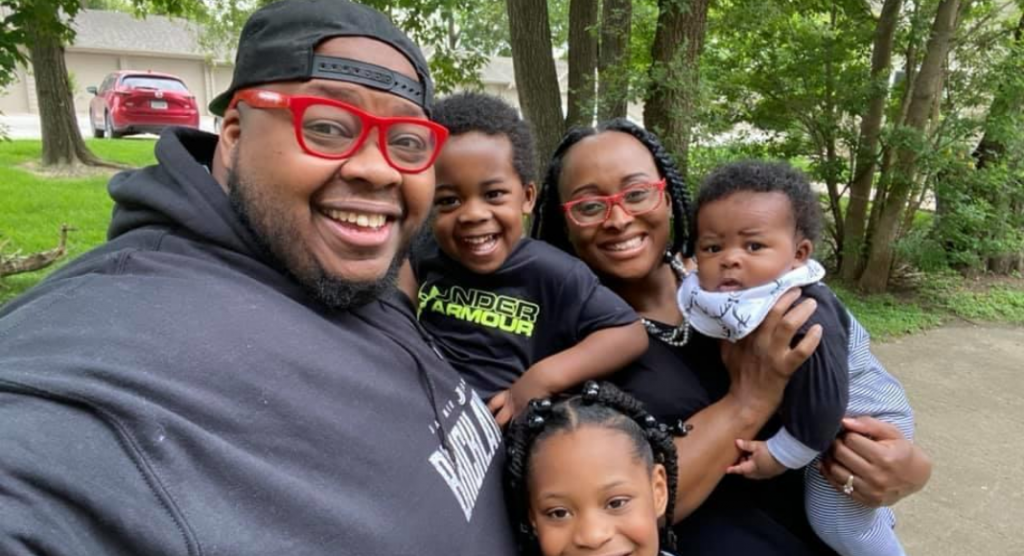 I share all of this to shed light on the feelings, conversations, and situations Black parents and parents of Black children must face on a constant basis. I want to express that it is not bad you do not have to worry about these things, but it is important to be aware of the differences and have the conversations with your children and family often about ways to be inclusive of people with differences.
I share all of this to shed light on the feelings, conversations, and situations Black parents and parents of Black children must face on a constant basis. I want to express that it is not bad you do not have to worry about these things, but it is important to be aware of the differences and have the conversations with your children and family often about ways to be inclusive of people with differences.
Our children are watching, listening, and picking up on all our habits, mannerisms, and actions and formulating their own personalities. It is important we point them in the right direction; towards, love, peace, and understanding.
I am excited for the opportunities of growth and education that have been presented to all people as a result of our nation’s racial tensions. The other day without prompting my daughter wrote “Black Lives Matter” in chalk on our driveway and our neighbors, an older white woman and her middle-aged daughter smiled took a picture, and said they loved her art. This made my heart smile, gave me hope, and encouraged me on my journey of raising my strong Black children.
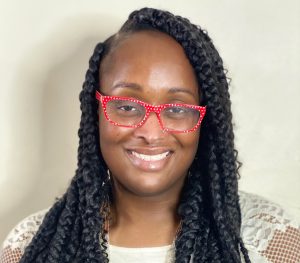 Julanda is a Des Moines native and an Iowa State University Alum. A wife of 11 years and a mom of 3 beautiful and spunky kids (8-year-old daughter, 3-year-old son, and 6-month-old son), a transformational coach, entrepreneur, singer, poet, actress, and blogger. As you can imagine she often feels as though there’s always more to do than time to do it all. She believes achieving work-life balance is a continual journey to be embraced instead of perfected. A self-proclaimed free spirit, she can often be heard telling everyone to “let it go”. Follow Julanda on Facebook, Instagram, and Twitter.
Julanda is a Des Moines native and an Iowa State University Alum. A wife of 11 years and a mom of 3 beautiful and spunky kids (8-year-old daughter, 3-year-old son, and 6-month-old son), a transformational coach, entrepreneur, singer, poet, actress, and blogger. As you can imagine she often feels as though there’s always more to do than time to do it all. She believes achieving work-life balance is a continual journey to be embraced instead of perfected. A self-proclaimed free spirit, she can often be heard telling everyone to “let it go”. Follow Julanda on Facebook, Instagram, and Twitter.









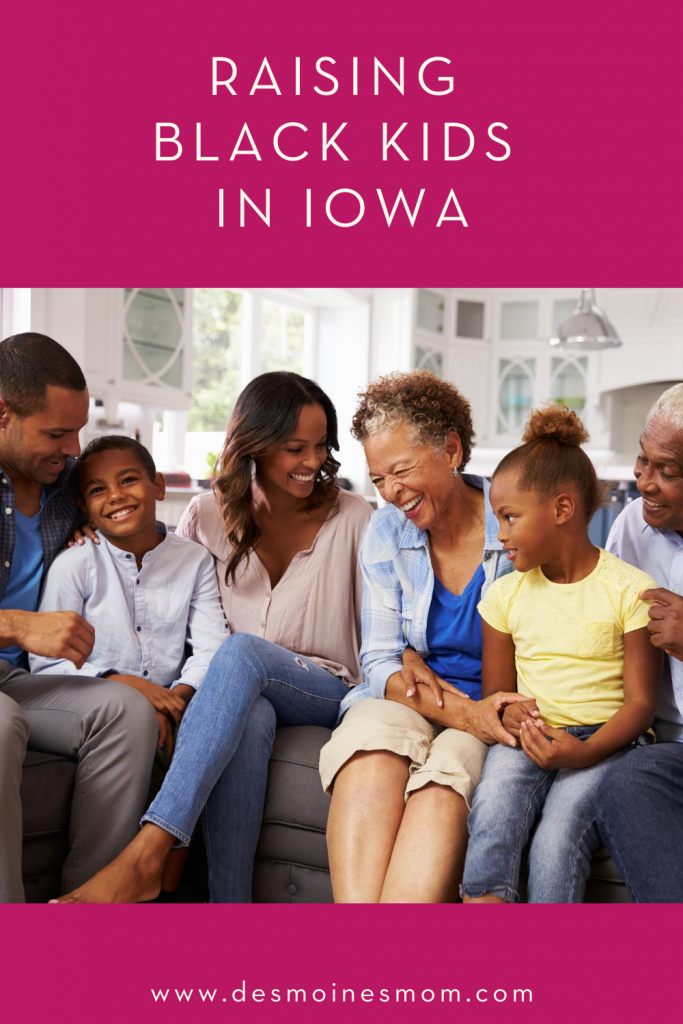

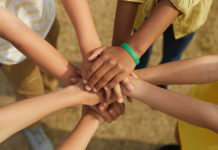

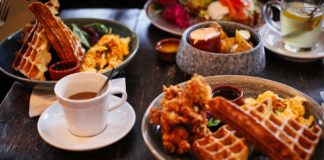




Love your story and thank you for sharing . I smile knowing that things will change and we will embrace each other without focusing on the color of our skin